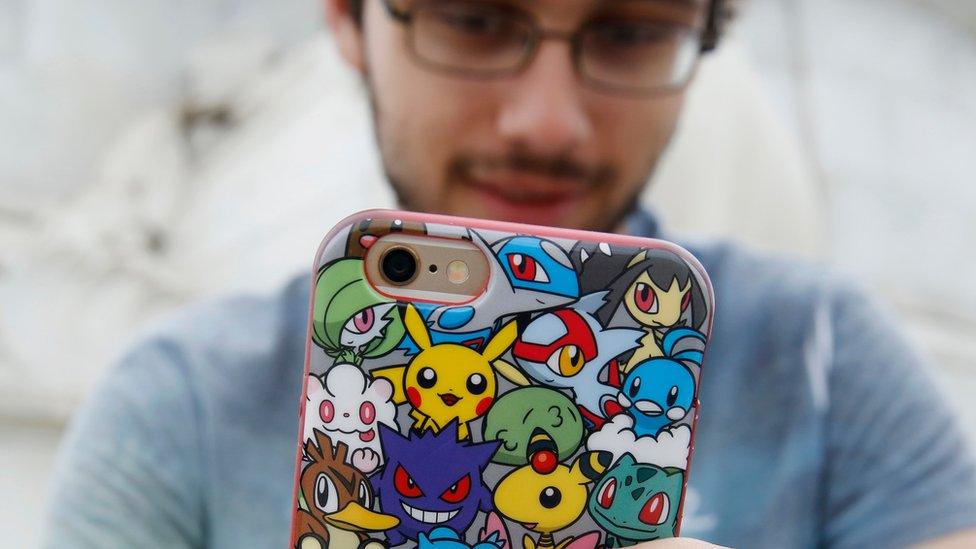Pokemon Go update seeks to revive interest
- Published
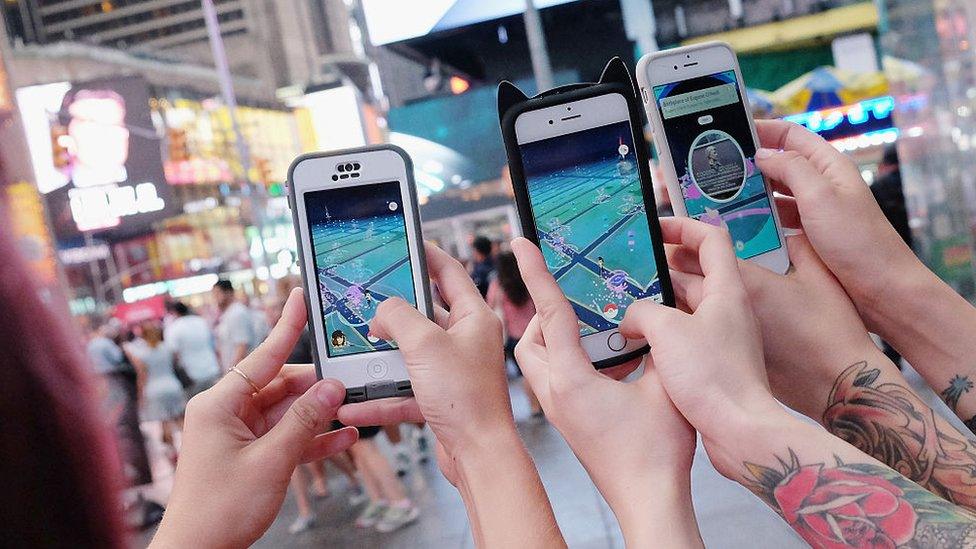
Pokemon Go has released its first major update, but faces a battle to reinvigorate the gaming phenomenon.
The augmented-reality game's popularity has waned since its launch in July when it smashed download records and sparked a global craze.
But it soon fell from the top of app charts as downloads plunged and many players stopped buying in-game coins.
Analysts, though, point out it has an enormous player base and is still one of the highest grossing mobile games.
The main updates released on Monday by US firm Niantic, external, which developed the game under licence from Nintendo, include:
the addition of new Pokemon characters, including Togepi and Pichu, that were originally featured in Pokemon's second-generation Gold and Silver titles
the release of limited edition festive Pikachu wearing Father Christmas hats, which can be captured until 29 December
Niantic said more Pokemon would be added over the next few months. It had already added the blob-like Ditto last month.
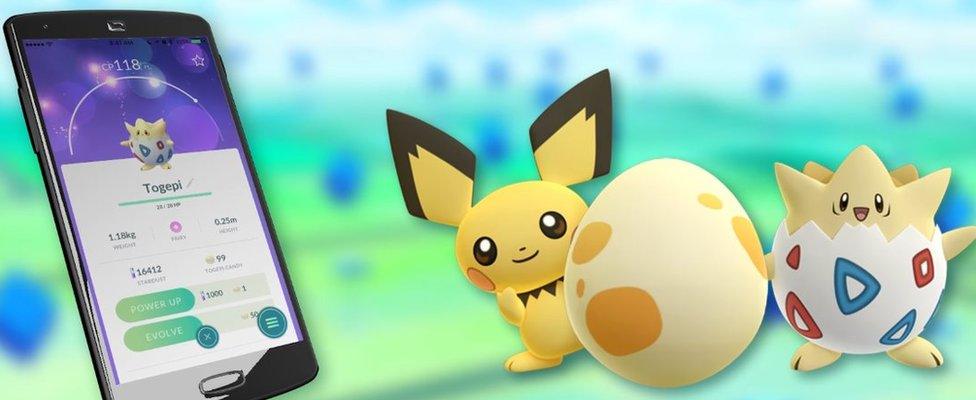
The addition of Pichu and Togepi add novelty to a game some people think had gone stale
However, there was no mention of the ability to trade characters, which Niantic's chief executive had previously hinted at, external. Nor was there the introduction of multi-player battles, which many gamers desire.
The update will compete for attention with Nintendo's own Super Mario game, which will be released on iPhone on Thursday.
Off peak
Pokemon Go generated about $600m (£470m) in global revenue in its first three months and is still bringing in $120,000 a day in the UK, according to analysts at App Annie.
However, downloads have dropped sharply, falling from 79 million in July to less than 10 million in November, mobile trackers Apptopia told the BBC.
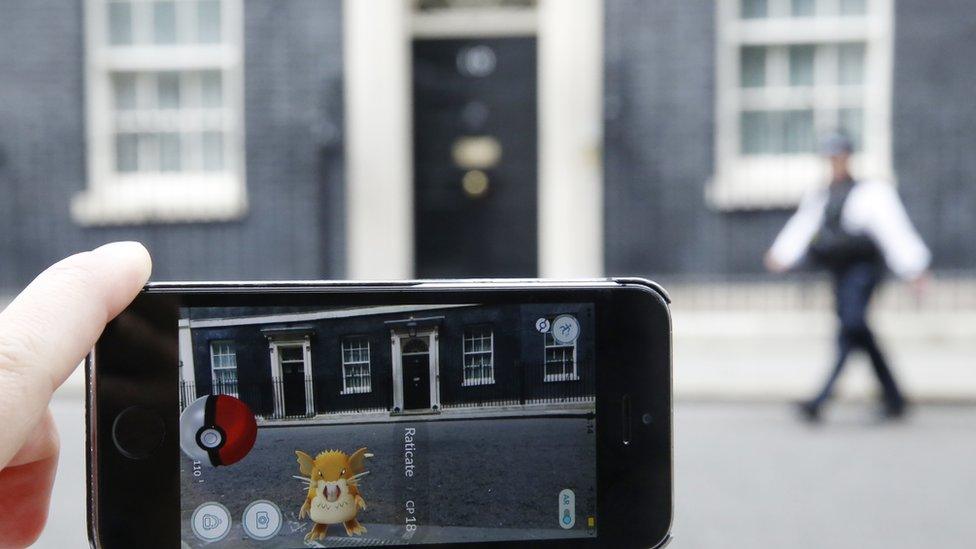
Pokemon Go players have called for more multi-player battles and trading
Estimates from Slice Intelligence, external suggest the number of paying players has also plunged from its peak, down 80% by September, although others dispute those figures.
At its launch, Pokemon Go tapped into demand for the hugely popular franchise and brought augmented reality gaming into the mainstream.
"It is always a challenge to bring users back to a mobile game," said Jack Kent, a mobile analyst at IHS Markit.
But "done correctly" Niantic could satisfy many existing players and encourage lapsed users to return.
"Despite its initial success, some players have found the core game play lacking," he added.
The BBC's Chris Foxx took to the streets to explore some of the original app's highs and lows
Special promotions around Halloween and tie-ups with retail giants including Starbucks in the US have already been used by Niantic to keep players engaged.
"Pokemon Go had the biggest launch the mobile games industry has ever seen," said Craig Chapple, editor of mobile games trade publication PocketGamer.Biz.
"Millions of players have stopped playing, but millions are still playing it and paying for items in the game."

Analysis: Dave Lee, North America technology reporter
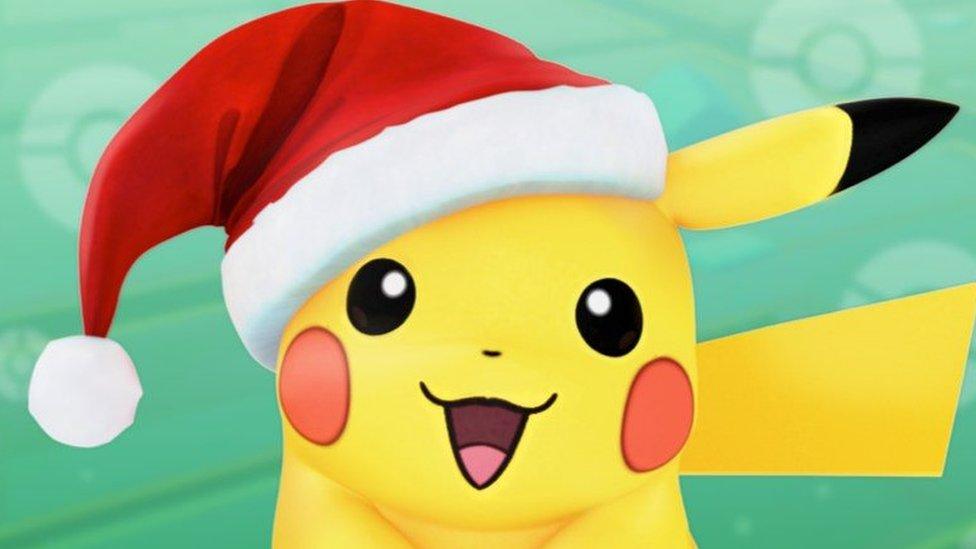
The summer of Pokemon Go already feels a distant memory. When the craze began earlier this year I spent some time around popular spots in San Francisco including Ocean Beach. As far as the eye could see: kids out on their phones playing Pokemon Go. And a few adults.
When I asked them if it was just a passing fad, they all said: "Of course". The game play was limited, and the fact you couldn't battle against your friends hurt any potential for longevity.
These updates won't change that. It will get the hardcore enthusiasts excited - Pikachu in a hat! - but will it be enough to tempt those who uninstalled the app to try again? I doubt it.
Pokemon Go's update will have attention only for a day, maybe two at best. Then it's time for the real star of the show: Super Mario is coming to iOS later this week.
Follow Dave Lee on Twitter @DaveLeeBBC, external and on Facebook, external.
- Published24 August 2016
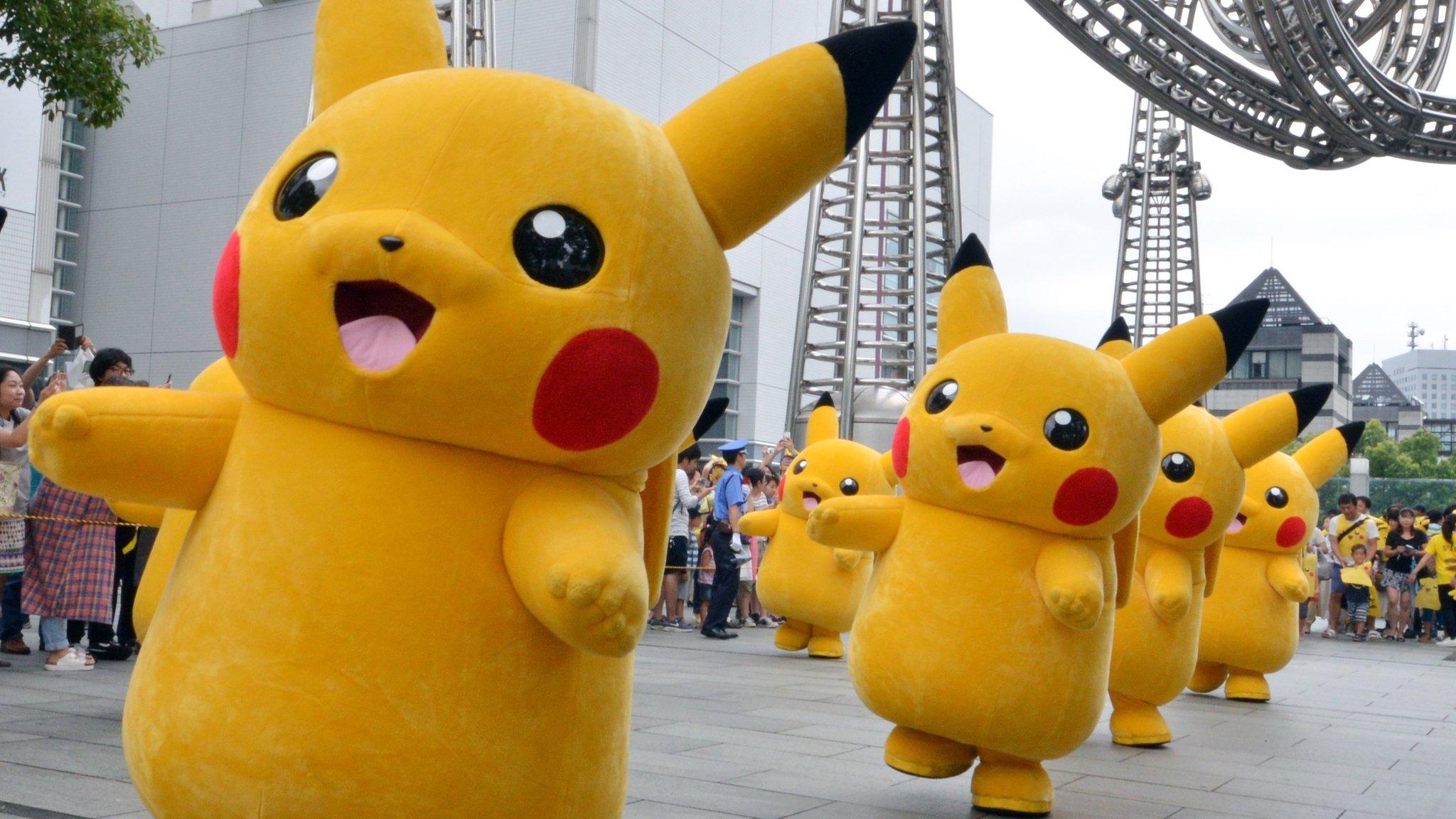
- Published16 November 2016
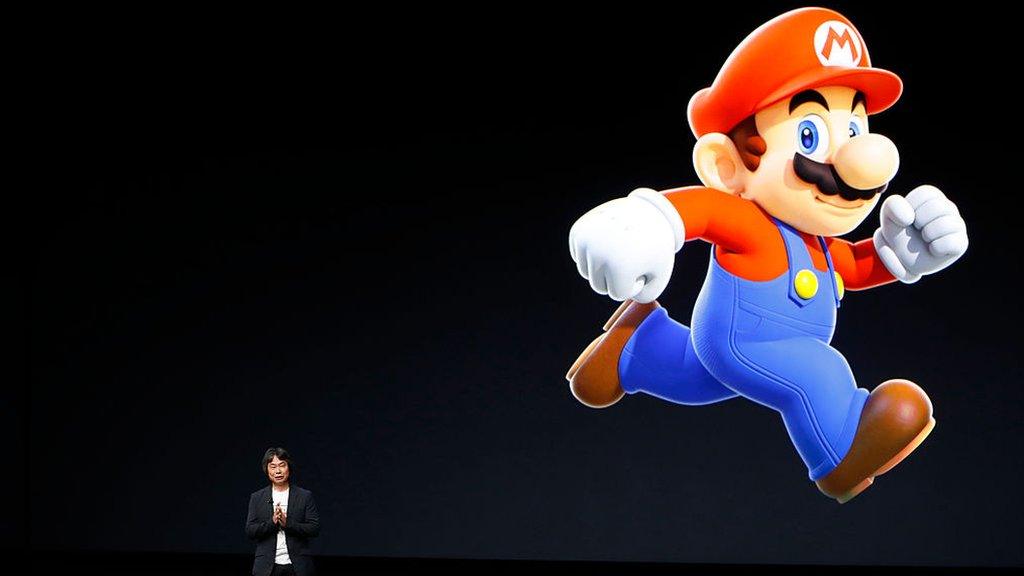
- Published18 July 2016
